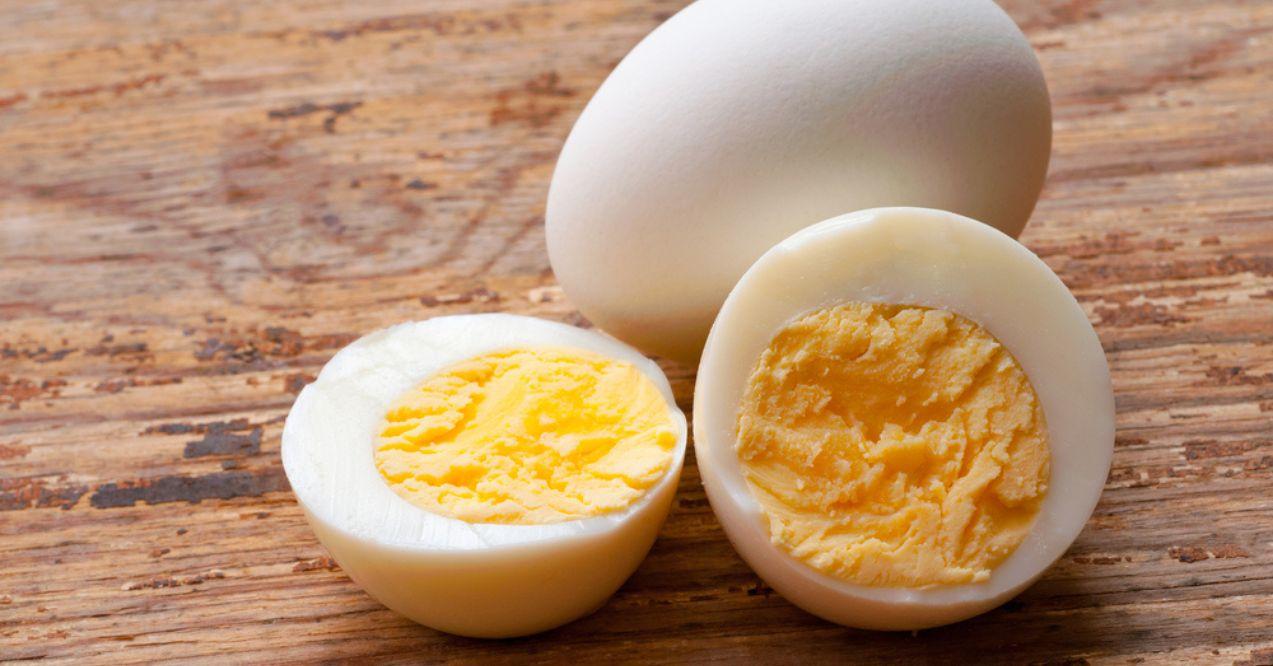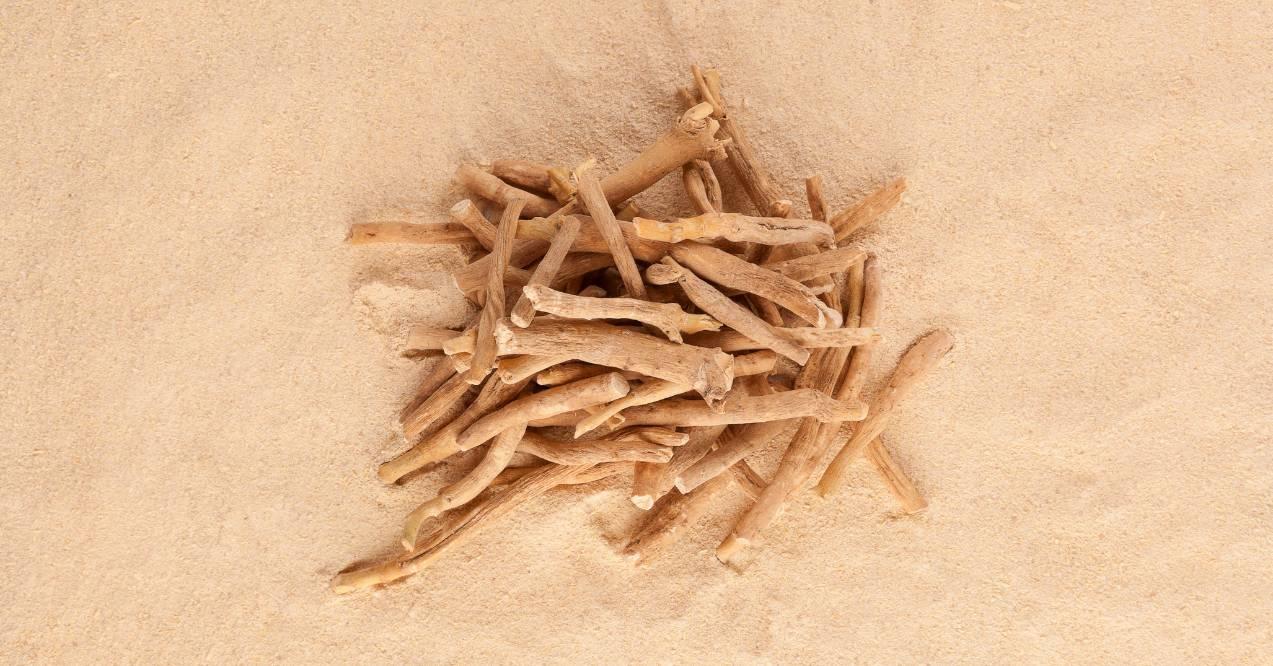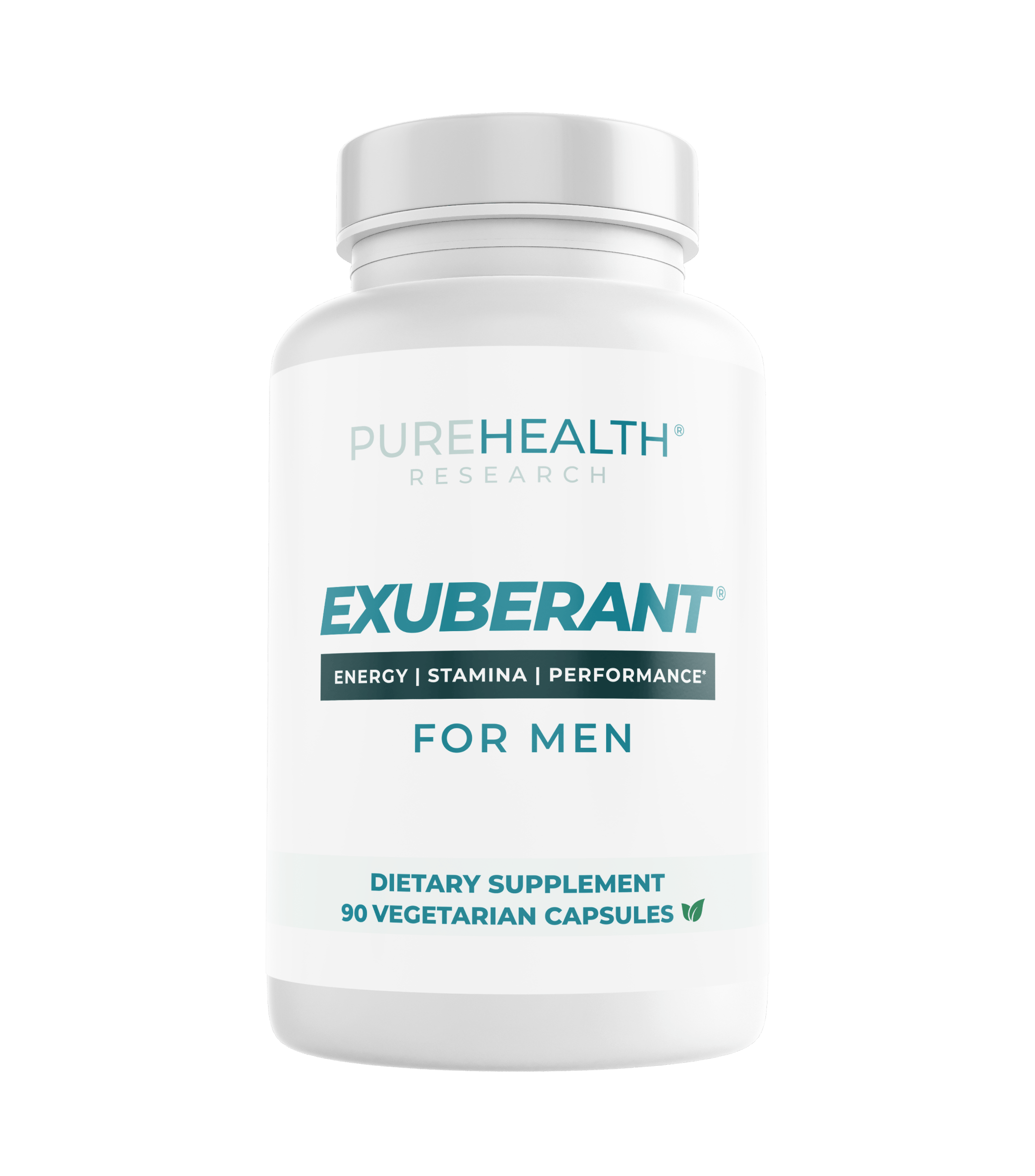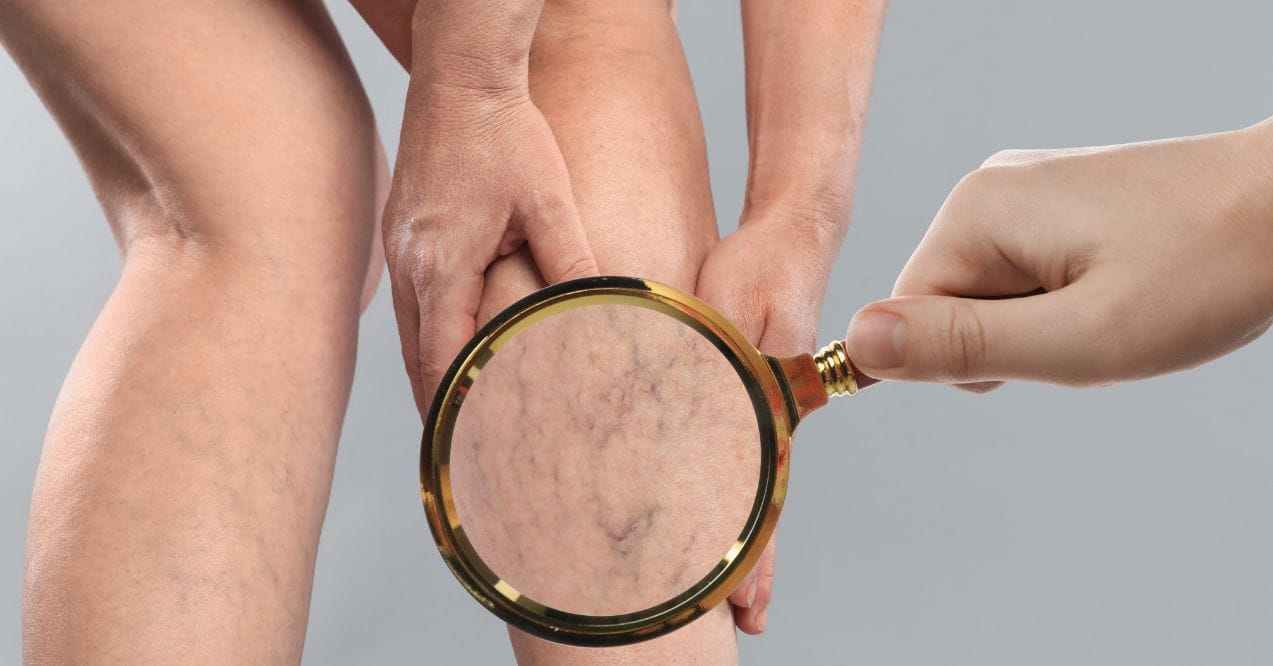6 Best Vitamins for Muscle Fatigue
Medically reviewed by our experts


The best vitamins for muscle fatigue have long been a matter of interest for fitness devotees and athletes. Most people experience this condition after a physically demanding day or strenuous workout. Muscle fatigue is a feeling of tiredness in the muscles that results from their inability to relax and contract normally. It can be due to a lack of energy or muscle aches, making it problematic to perform physical activities.
Extreme muscle exhaustion can result in injuries or deter your fitness goals progress. Suitable recovery is critical in fitness and overall well-being. Just like your body requires rest after a day’s work, your muscles also need time to rebuild and repair themselves after a workout. Recovery is the time between physically demanding activities or exercises when muscle fibers strengthen, assisting their growth and lessening complications that could otherwise occur.
That’s the time when optimal health supplements and vitamins become key. They work interactively with the body’s regular procedures to aid muscle recovery, making it vital for optimal physical performance. Nutrients like minerals and vitamins play an imperative role in repairing muscles. It is essential to identify which vitamins and supplements can help combat muscle fatigue and how you can integrate them into your meal routine. Read on to learn more about the ones you need!
What Is Muscle Fatigue?
Muscle fatigue arises when the muscles cannot perform at their usual level due to exhaustion. It can occur if you push your body too hard without sufficient time to recover or rest. For instance, if you lift weights for long periods without resting between sessions, your muscles will ultimately fatigue. Thus, muscle tiredness is a cautionary sign that your body requires rest to regain strength.
The physiological activity behind muscle tiredness encompasses reduced energy stored in the muscles and the accumulation of waste products. During strenuous work or extreme exercise, the oxygen supply to muscles often declines, and the body’s demand for energy rises. It leads to waste products like lactic acid buildup, causing fatigue and discomfort. It can lessen muscle function and cause feelings of pain, cramps, or weakness.
Normal tiredness differs from muscle fatigue after intense activity or a busy day. Typical fatigue is when you feel weary from physical or mental activities, which is something regular rest can swiftly relieve. Muscle tiredness is a sign of exertion, either because your muscles are not strong enough to handle the workload or because you pushed them too hard.
It is a common misconception that muscle exhaustion only happens to individuals who work out or to athletes. However, it can occur to anyone who participates in physically demanding activities like playing sports or manual labor. Usual weariness may require a good night’s sleep or rest, while muscle fatigue requires specific measures for appropriate recovery.
The Importance of Muscle Recovery
The good news is that muscles can adapt to the stressors and repair, becoming more resilient and strong with suitable recovery. Muscle recovery is essential for the body to perform at its best. It allows people to function optimally and diminishes injuries or physical problems due to overburdening muscles. Continuously overworking this part of your body without adequate recovery time can result in tears or muscle fiber strains.
Insufficient muscle recovery can have severe impacts on body fitness and health. It can result in tiredness, causing the body to struggle through daily activities or workouts. It can lessen endurance and strength, making it challenging to excel at sports or undertake physical tasks successfully. Also, people on an exercise program might not gain muscle mass or see progress if they do not allow enough muscle growth and repair time.
Moreover, insufficient recovery can make you more susceptible to chronic myalgia or injuries, which may hamper your capability to engage in physical activities. Appropriate muscle recovery enhances athletic performance. It is highly beneficial for athletes seeking to excel in their hobbies or chosen activities. It allows their bodily muscles to adapt and strengthen, ensuring long-term physical health and lessening injury likelihoods.
Best Vitamins for Muscle Fatigue
Today’s fast-paced lifestyle often results in inadequate nutrition, making it difficult for bodies to get the best vitamins for muscle fatigue from food alone. Incorporating specific minerals and vitamins in supplement form can alleviate muscle fatigue and promote recovery. Here are the six best vitamins for muscle exhaustion that you should consider integrating into your routine.
1. Protein

Protein, often known as the muscle building blocks, assists in their growth and repair. Proteins deliver necessary amino acids for muscles to rebuild themselves. They help repair the tiny tears and strains in muscle fibers formed after physical exertion, rebuilding and strengthening the muscles. Also, dietary protein is vital for maintaining skeletal muscle mass during adulthood.
Acute exercise or strenuous work stimulates protein synthesis levels. You can enhance this procedure by taking protein-rich foods or supplements after the workout for muscles to recover. It is vital to optimize muscle protein synthesis levels after physical activity. Thus, after the exercises or heavy physical workload, your body needs to refill the proteins used during the workout.
2. Vitamin D

The sunshine vitamin, vitamin D, is significant for the proper functioning of muscles. Its shortage can result in muscle weakness or severe discomfort, as it maintains the body’s skeletal and muscular well-being. Vitamin D is valuable in calcium transportation, promoting bone strength and growth. It is especially crucial for individuals who put high loads on their bones while working or those who participate in demanding physical activities.
Vitamin D receptors in muscle cells facilitate muscle recovery and growth. These receptors control the calcium uptake into cells. Calcium enables muscle relaxation and contraction, ensuring proper muscle functioning during workouts. Vitamin D can also aid in alleviating delayed onset muscle soreness (DOMS), identified by muscle stiffness, severe discomfort, or tenderness after an intense workout. Insufficient vitamin D levels may result in weaker muscles and slower post-workout muscle recovery. For those wondering how to get vitamin D, it’s primarily obtained through exposure to sunlight, supplementation, and consuming fortified foods.
Additionally, to maximize the benefits of vitamin D, it’s important to pair it with vitamin K2. Vitamin D3 and K2 work synergistically to ensure calcium is properly utilized in the body. While vitamin D3 enhances calcium absorption from the diet, vitamin K2 directs calcium to the bones and teeth, preventing it from being deposited in arteries and soft tissues.
3. Iron

Iron helps in delivering oxygen to muscles during exercise. It can significantly affect the body’s energy levels, as low iron can cause fatigue, weakness, or poor muscle function. Muscles not receiving enough oxygen during physical activity can cause early muscle fatigue and hinder performance. Therefore, enough iron is crucial for proper muscle function and energy levels.
Iron deficiency anemia has been linked to delayed recovery from intense exercise, leading to reduced strength and endurance. Iron helps produce hemoglobin, a protein in red blood cells that carries oxygen to muscles and tissues. This vitamin is also essential for various metabolic processes that play a role in muscle repair and growth. It is necessary for optimal recovery after physical exertion and to lessen conditions such as chronic fatigue syndrome.
4. Zinc

Zinc facilitates muscle recovery by supporting immune system operation and muscle regeneration. It is also a cofactor for multiple enzymes that maintain proper muscle cell structure. Its antioxidant properties promote muscle recovery by lessening oxidative stress that can occur during heavy workloads or exercises.
Zinc also facilitates male hormone formation, which promotes muscle development and restoration. Research has shown that people with low male hormone levels experience weakness and fatigue during physical activities. Also, the protein synthesis level crucial for muscle recovery during physical activities tends to be lacking in people with a zinc deficiency. Thus, sufficient zinc promotes optimal male hormone levels, enhancing muscle recovery and physical performance.
5. Ashwagandha

Ashwagandha is a medicinal herb known for enhancing physical and mental well-being. It can diminish muscle damage and speed up recovery time after physical action. It also reduces cortisol levels, a stress hormone that promotes muscle cell breakdown. Thus, consuming ashwagandha can decrease recovery time and increase muscle strength.
The adaptogenic components of ashwagandha can also assist with handling stress levels, making it easier to maintain regular workouts without draining the body. Taking ashwagandha can also enhance cognitive function and energy levels, increasing stamina and focus during physical activities. Its supplement form makes it easier for individuals or athletes with a physically demanding lifestyle to integrate it into their routine.
6. Magnesium

Magnesium is essential for multiple metabolic purposes, including muscle function, nerve conduction, and energy production. Magnesium assists in converting glucose into energy, which is necessary for muscle contraction. It works with calcium to normalize and control muscle relaxation and contraction, making it critical for appropriate muscle functioning. Additionally, taking ashwagandha and magnesium together can also help with muscle recovery.
Magnesium increases the body’s oxygen capacity, maximizing the efficiency of active muscles and helping sustain muscle movement. Magnesium and oxygen help create muscle cell ATP energy during physical exercise, which is why this mineral is vital for optimal physical performance. Taking adequate magnesium can aid in alleviating muscle fatigue and cramps accompanying strenuous physical activity.
Dietary Sources for Muscle Recovery
Consuming well-adjusted and healthy foods is essential to ensure adequate muscle recovery. Below are some natural diet sources of the minerals and vitamins beneficial for muscle recovery.
Protein-Rich Foods
Consuming adequate protein levels through whole foods is crucial for proper muscle recovery. Dairy products, chicken, lean meats, poultry, and fish are excellent protein sources. You can also get dietary protein through plant-based choices like soy products, nuts, tofu, legumes, seeds, or beans.
Foods High in Vitamin D
While the most significant vitamin D source is natural sunlight, you can also get it in specific types of seafood like sardines, salmon, or tuna. Eggs and fortified nourishments like cereals, dairy products, and soy milk may also deliver vitamin D and keep your muscles functioning optimally.
Iron-Rich Dietary Sources
The best dietic sources of iron are seafood, red meats, or poultry. Plant-based selections like spinach, tofu, and lentils can aid in fulfilling the daily iron dosage as well. Taking citrus fruits, capsicums, or tomatoes with iron-rich diets can also elevate this mineral absorption.
Zinc-Containing Foods
Pork or beef, seafood, and chicken are good sources of dietetic zinc. Plant-based nutrients like seeds, nuts, and beans can also provide this mineral. Chickpeas, cashews, and pumpkin seeds are flavorsome additions that offer zinc to your muscle recovery.
Natural Sources of Ashwagandha
Supplement powders often contain grounded forms of the berries and roots of this ancient herb. You can incorporate jellybeans, oral strips, tablets, and gummies containing ashwagandha to consume this herb in fun ways. These are all vegan-friendly, making it easier for those who adopt plant-based nourishment to integrate this herb into their schedule.
Magnesium-Rich Foods
Whole grains, dark leafy greens, and nuts, including cashews, spinach, and almonds are excellent magnesium dietary sources. Furthermore, dark chocolates or avocados are delicious nutritional additions that can deliver magnesium for optimal muscle regain and recovery.
Rev Your Masculinity Engine Once More
Recapture your primal masculinity and revitalize your muscles with Exuberant by PureHealth Research.
Ashwagandha promotes muscle endurance and strength, while D-aspartic acid promotes the release and formation of male hormones. Vitamin D3, tribulus terrestris, zinc, epimedium, and fenugreek promote physical performance and muscle repair. All these components naturally boost masculine health and libido, making Exuberant a holistic solution for overall vitality and muscle fatigue.
Integrating Exuberant into your diet helps you experience enhanced energy levels, a sense of overall health comfort, and reduced muscle fatigue. The powerful ingredients in this supplement help improve your stamina, confidence, and physical performance with its cautious nutrient selection. Embrace a more energetic form of yourself with Exuberant and say goodbye to muscle weariness. Get on a journey towards enhanced physical performance and muscle recovery today!
What Are the Symptoms of Muscle Fatigue?
Muscle tiredness can manifest in numerous ways, and it’s vital to identify the symptoms for effective and easy handling. Below are the primary signs associated with muscle weariness:
- A weakness, severe discomfort, or heaviness in the muscles.
- Aching sensation or stiffness after physical exertion.
- Sore muscles while performing low-intensity activities or even at rest.
- Difficulty in maintaining proper form during activities or challenges completing physical tasks.
- Loss of balance or coordination when performing workouts.
- Incapable to attain previous physical performance levels.
If you face any of these signs, it is vital to allow for proper rest and recovery. To distinguish between other types of fatigue or medical conditions and muscle fatigue, pay attention to how you feel after strenuous physical activity. For example, if your symptoms don’t lessen after recovery and rest, they likely originate from muscle fatigue. If this happens, you may require further health attention and integrate the best vitamins for muscle fatigue for a more speedy recovery.
When and How to Take Muscle Recovery Supplements
Timing is vital in optimizing the supplement’s impacts on muscle recovery. Vitamin D, protein, zinc, or iron supplements are often best taken after an intense physical activity or workout. For instance, depending on a person’s physical activity level, taking 20–40 grams of protein within a few hours after exercise or strenuous work is the way to go for optimal muscle recovery. You should also consume iron, magnesium, and zinc supplements alongside a proper diet for healthier absorption.
While some supplements and vitamins, such as ashwagandha and vitamin D, can be taken at any time, it is essential to not over-consume and pay attention to their intake. Also, you must take these vitamins and supplements within the endorsed dose level to minimize and avoid likely side effects. Understanding labels for advised dosages before starting any supplements can assist in finding the optimal amount that is excellent for your muscle recovery.
Conclusion
Key vitamins and supplements such as magnesium, vitamin D, zinc, protein, iron, and ashwagandha play essential roles in alleviating muscle fatigue and supporting muscle recovery. These nutrients help repair muscle fibers, reduce soreness, and enhance physical performance.
Integrating these vitamins into your diet, either through food or supplements, can significantly aid in muscle recovery. Ensuring adequate intake of these nutrients will help maintain muscle health, improve stamina, and reduce the risk of chronic fatigue and injuries.
Muscle fatigue encompasses physiological processes where muscles cannot produce force due to intense physical exertion. Muscle exhaustion can occur to anyone, not just athletes, so it’s important to be aware of this condition to not overexert oneself during physical activities.
Magnesium, vitamin D, zinc, protein, iron, and ashwagandha are among the best vitamins for muscle fatigue and are vital for alleviating muscle tiredness. They all play a key role in supporting your body in the recovery of exhausted muscles.
Supplements and vitamins facilitate muscle recovery by offering essential nutrients for growth and repair. These nutrients help your body maintain the natural recovery functions needed to return your muscles to tip-top shape.
Popular Articles
Advertisement. This site offers health, wellness, fitness and nutritional information and is designed for educational purposes only. You should not rely on this information as a substitute for, nor does it replace, professional medical advice, diagnosis, or treatment. If you have any concerns or questions about your health, you should always consult with a physician or other health-care professional. Do not disregard, avoid or delay obtaining medical or health related advice from your health-care professional because of something you may have read on this site. The use of any information provided on this site is solely at your own risk.

















